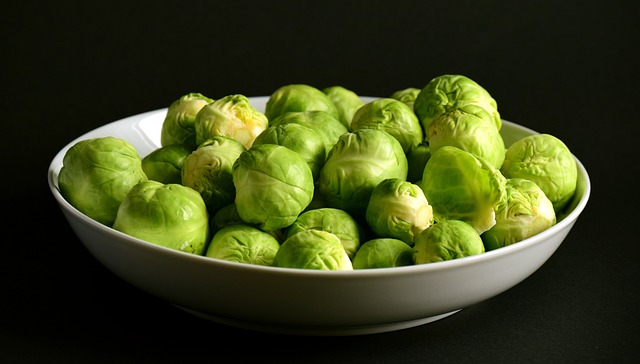Section 1: Introduction
Vitamin K is a fat-soluble nutrient that plays a crucial role in blood clotting and bone health. Despite being found in a variety of plant-based foods, many people are deficient in this essential nutrient. In this blog post, we will explore the benefits of vitamin K for health-minded plant-based people and what foods to include in your diet to ensure adequate intake.
Section 2: Types of Vitamin K
There are two main types of vitamin K: K1 and K2. Vitamin K1 is found in plant-based foods like leafy greens, while vitamin K2 is produced by gut bacteria and found in animal-based products like cheese and eggs. Both types are important for overall health, but vitamin K2 is particularly important for bone health.
Research has shown that vitamin K2 helps to activate osteocalcin, a protein that is essential for bone formation. Vitamin K2 also helps to prevent the breakdown of bone tissue, reducing the risk of osteoporosis and fractures.
While vitamin K1 is more abundant in plant-based foods, it is still important for overall health. Vitamin K1 helps to activate clotting factors in the blood, preventing excessive bleeding.
Section 3: Benefits of Vitamin K for Health-Minded Plant-Based People
Vitamin K has numerous benefits for health-minded plant-based people, including:
•
Improved bone health and reduced risk of osteoporosis and fractures
•
Reduced risk of heart disease
•
Improved insulin sensitivity and reduced risk of diabetes
•
Improved cognitive function and reduced risk of Alzheimer’s disease
Section 4: Food Sources of Vitamin K1
Vitamin K1 is found in a variety of plant-based foods, including:
•
Kale
•
Spinach
•
Broccoli
•
Swiss chard
•
Collard greens
Section 5: Food Sources of Vitamin K2
Vitamin K2 is found in a variety of animal-based products, but there are also some plant-based sources, including:
•
Natto
•
Sauerkraut
•
Miso
•
Tempeh
Section 6: Vitamin K Deficiency
Vitamin K deficiency is rare but can lead to serious health problems, including excessive bleeding and weakened bones. People who are at a higher risk of vitamin K deficiency include those with liver disease, inflammatory bowel disease, and those taking certain medications like antibiotics or blood thinners.
Section 7: Recommended Daily Intake of Vitamin K
The recommended daily intake of vitamin K for health-minded plant-based people is:
•
90 micrograms per day for women
•
120 micrograms per day for men
Section 8: How to Ensure Adequate Vitamin K Intake
To ensure adequate vitamin K intake, it is important to include a variety of plant-based foods in your diet, especially those high in vitamin K1. Aim to include a serving of leafy greens in at least two meals per day. If you are at risk of vitamin K deficiency, talk to your healthcare provider about supplementation.
Section 9: Conclusion
Vitamin K is an essential nutrient for health-minded plant-based people. It plays a key role in blood clotting and bone health, and deficiency can lead to serious health problems. By including a variety of plant-based foods in your diet, you can ensure adequate intake of vitamin K and reap the numerous health benefits.
Section 10: Takeaway
Remember to include a variety of plant-based foods in your diet to ensure adequate vitamin K intake. Aim to include a serving of leafy greens in at least two meals per day, and consider supplementation if you are at risk of deficiency.




